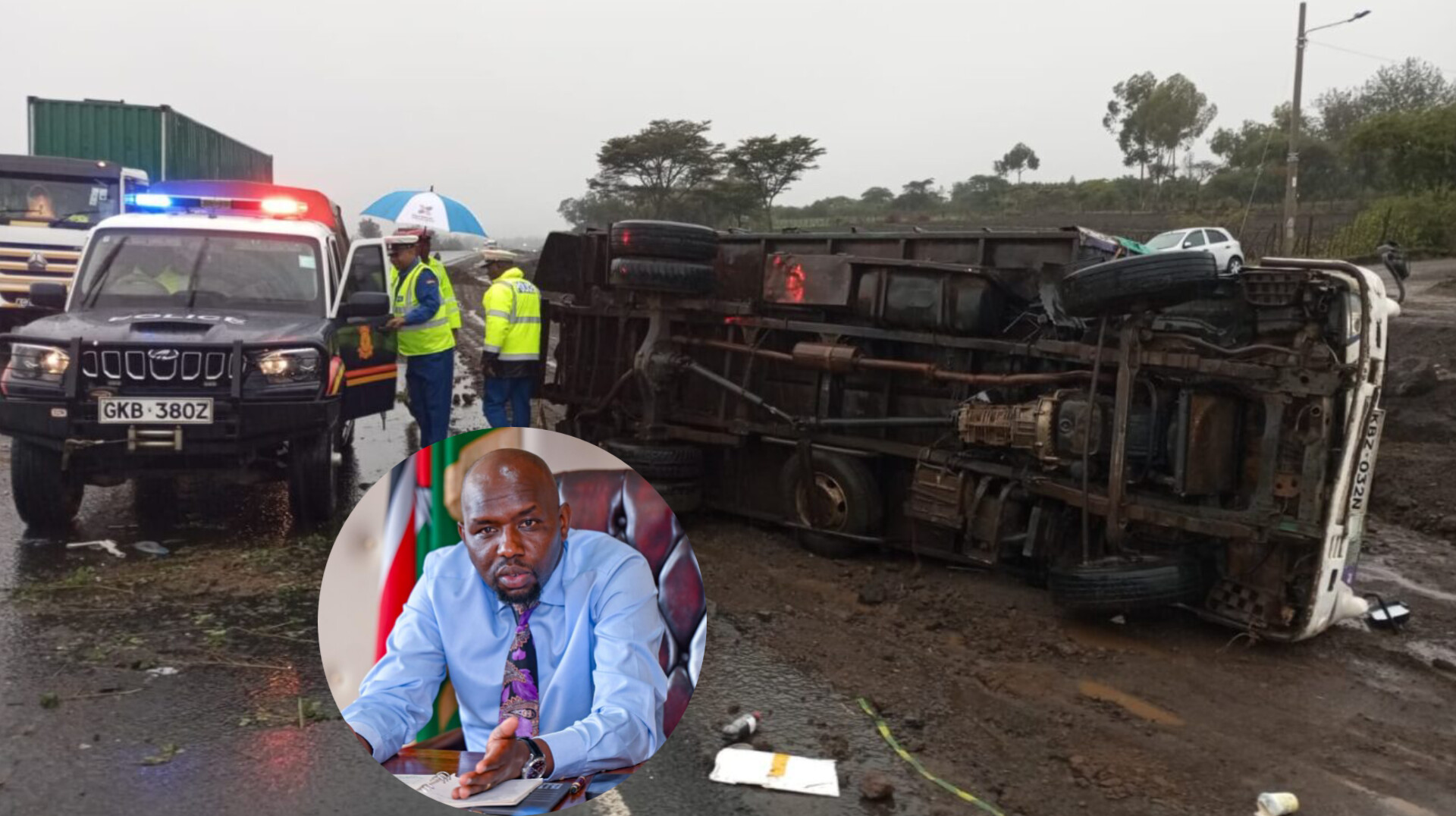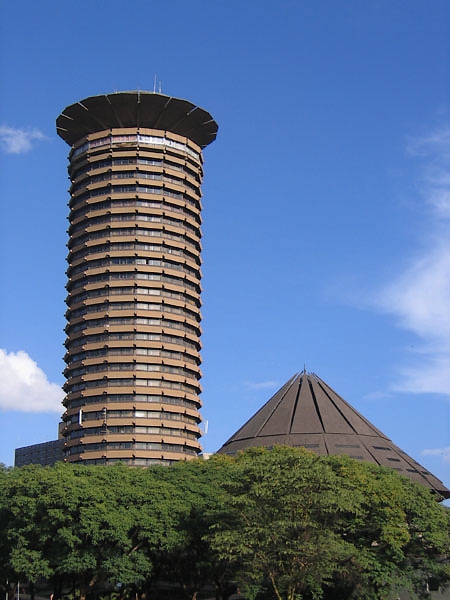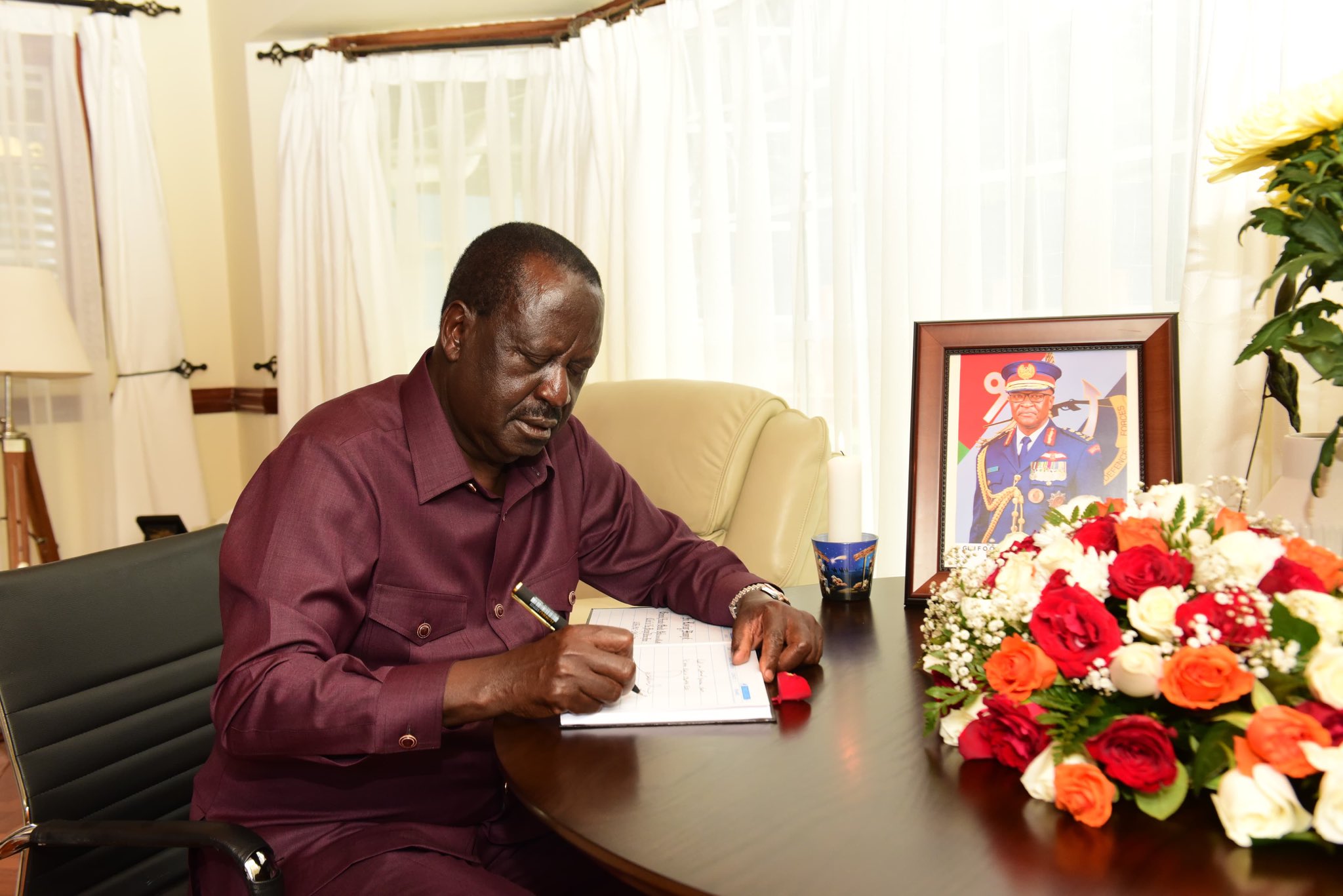THE government has prepared a National Safety Strategic Plan to deal with the increasing cases of road carnage and traffic menace across the country.
The plan will be launched tomorrow by President William Ruto to cover the period from 2024 t0 2028.
Key components in the strategy is the use of technology to deal with reckless motorists and traffic law breakers.
Transport Cabinet Secretary Kipchumba Murkomen said they intend to deploy modern technology to deal with rogue motorists and reduce cases of road accidents by 50%, by the year 2030.
In an interview with Citizen TV last evening, the CS said a cabinet committee would be set up under the new strategy to specifically focus on road safety. There will be an intergovernmental strategy to deal with the measures aimed at reducing road carnage.
“We want to use modern technology as the best strategy to deal with speed which is the biggest contributor to road carnage,” he added.
Murkomen said motorcycles and pillion passenger contribute 35% of all the fatal accidents in the country. Pedestrians contribute another 35% and Passenger Service Vehicles contribute 16%.
The CS said the government would also use Vehicular Telematics technology to monitor the movement and speed of all motors vehicles in the country.
All school buses would be required to install the VT, and have control rooms in the schools with the master control room at the National Transport Authority (NTSA).
Murkomen said the government had also started the procurement of Intelligence Transport System (ITS) to deal with traffic crises in Nairobi City, which contributes 32% of the accidents in the country.
The system will be effective in dealing with cases of overlapping and crossing of traffic lights.
“We have received funding from Korean and Chinese government and we will be installing cameras in 221 junctions in the city of Nairobi,” he said
The CS said road carnage contributes to loss of 5% of the national GDP. Besides the people killed in the accidents, more are critically injured hence stretching the medical services, leading to a loss of about Ksh450 billion annually.
He said the country has over 2.5 million motorcycles adding that the oversight of the sector would be left to the county governments, with his ministry only providing the policy guidelines.





